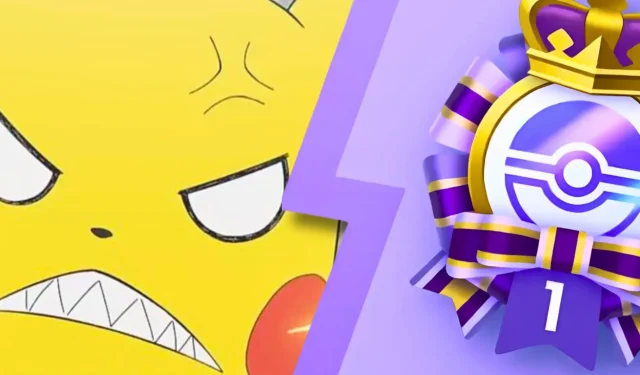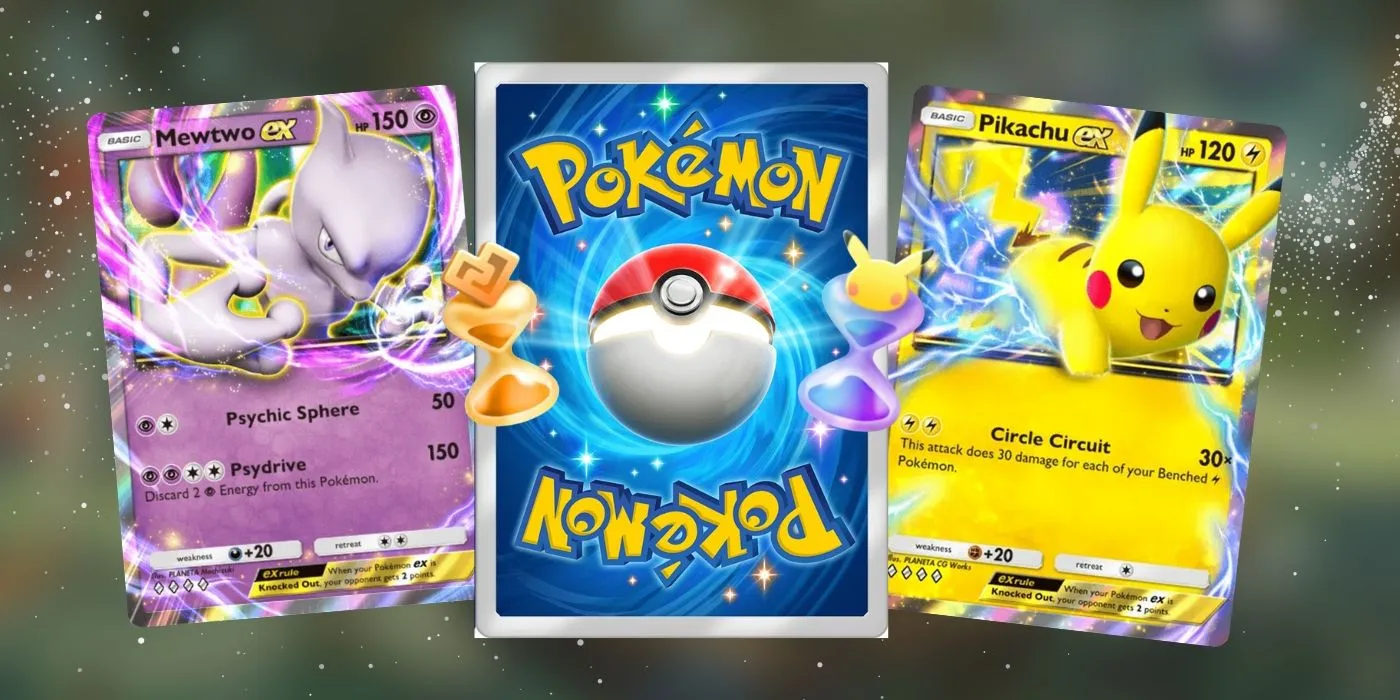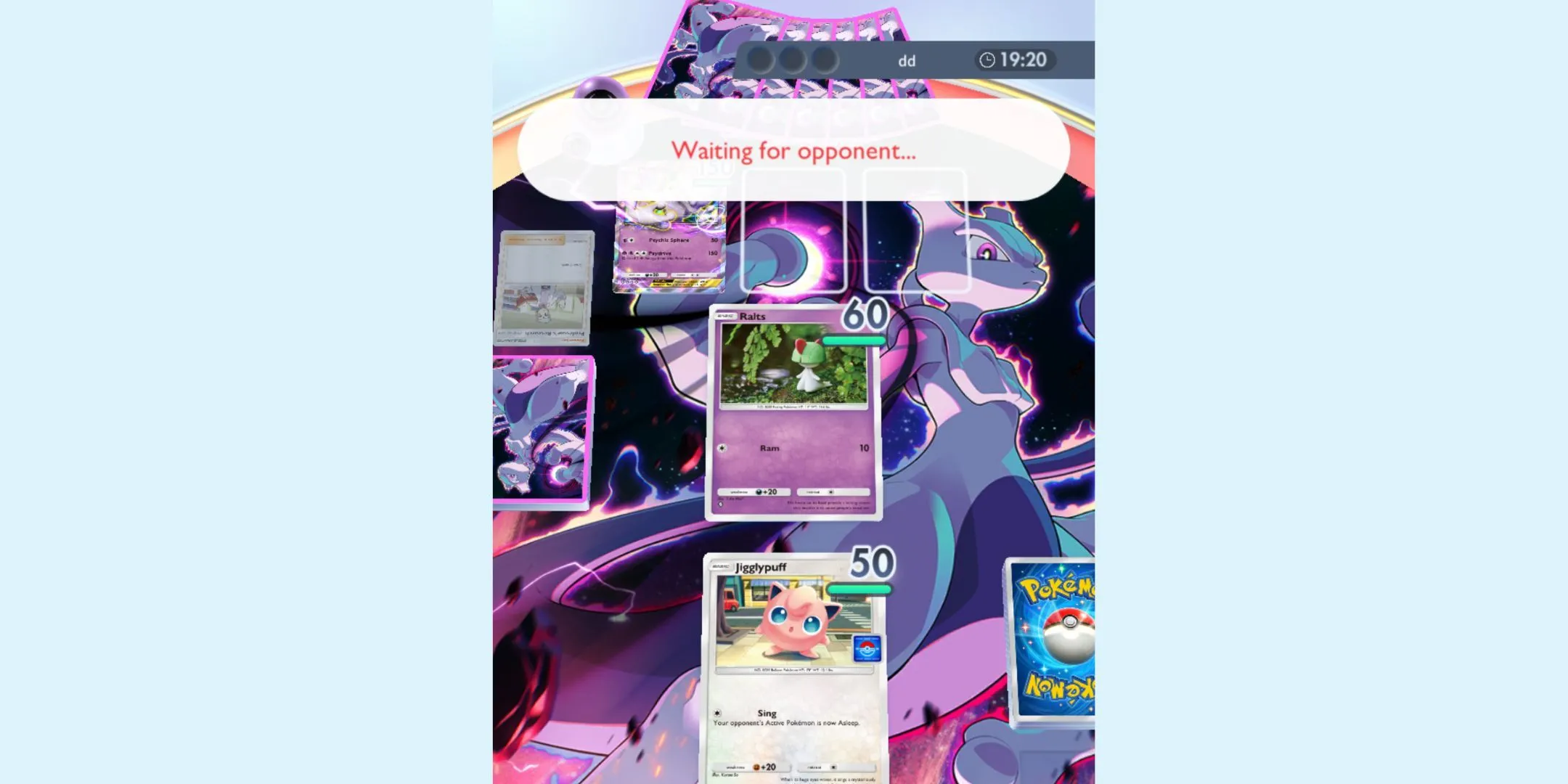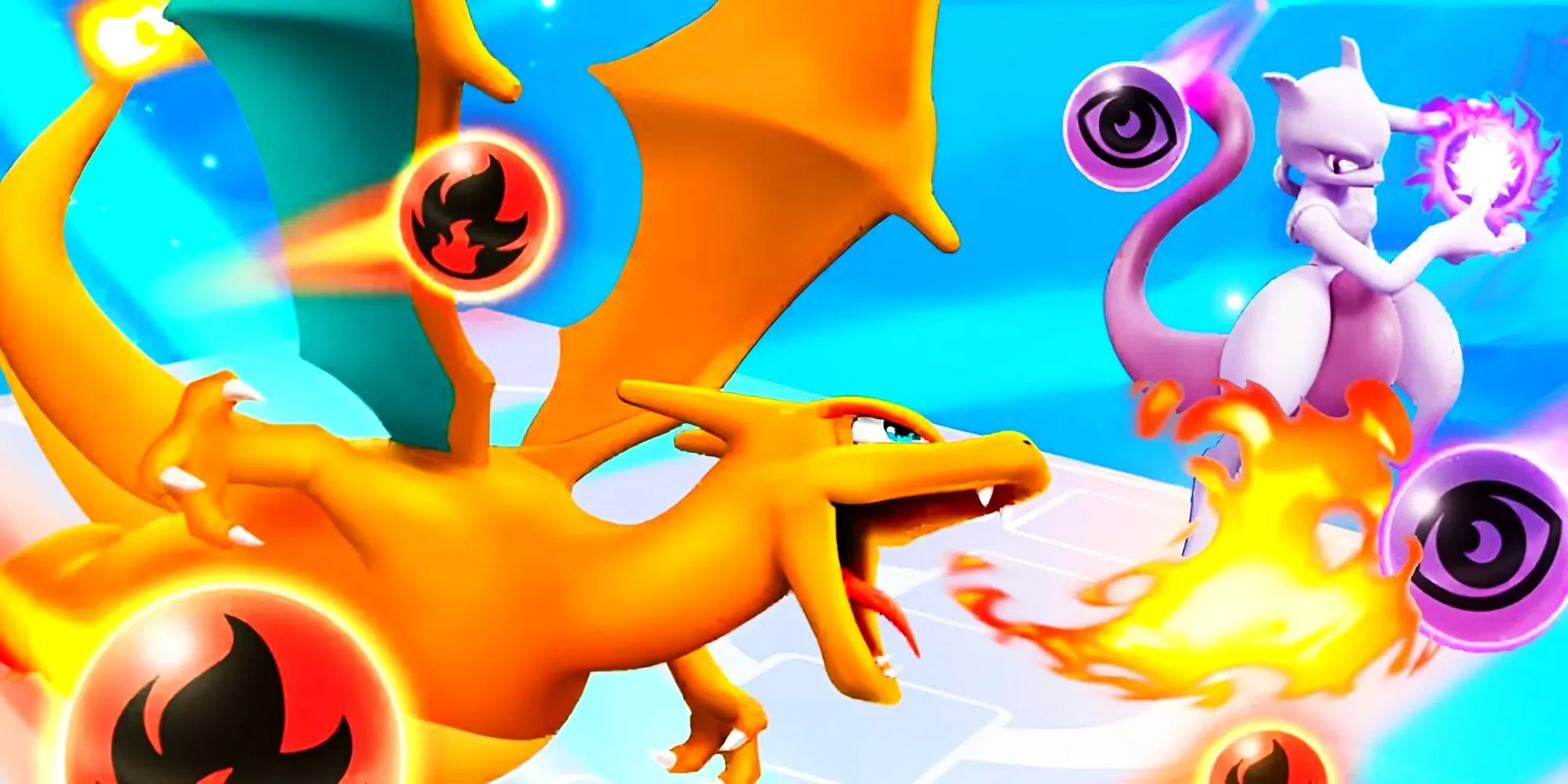
The Genetic Apex SP Emblem Event has launched in the Pokémon Trading Card Game Pocket, prompting players to engage in intense versus battles for a chance to win various prizes. Unfortunately, this event has also given rise to an alarming level of toxicity within the game. With the challenges of acquiring prizes, frustration mounts among players, leading to an increase in ungracious behavior and unsportsmanlike conduct. This trend has escalated since the game’s successful launch in October, with the latest event proving detrimental to the spirit of competition, which should ideally be about skill and sportsmanship.
As the event progresses, players are vocal in sharing their frustrations on social media. Reports indicate that many are experiencing opponents intentionally stalling during matches or failing to utilize the “Thank You” feature, which fosters goodwill between players. Moving forward, it’s clear that enhancements are essential to create a more positive environment for those who wish to compete without resorting to such tactics.
Understanding the Genetic Apex SP Emblem Event
An Event Designed to Test Player Skills

Running from December 9, 2024, to December 16, 2024, the Genetic Apex SP Emblem Event requires participants to engage in PvP battles. This week-long challenge emphasizes consistency and skill, as players strive for the top prize which necessitates five consecutive victories. Participants aim to earn special emblems—distinct markers that adorn their profiles and signify their achievements. Four emblems are available, each becoming progressively harder to earn as players aim for the more coveted designs.
|
Mission |
Reward |
|---|---|
|
Win 2 Consecutive Event Matches |
Participation Emblem |
|
Win 3 Consecutive Event Matches |
Bronze Emblem |
|
Win 4 Consecutive Event Matches |
Silver Emblem |
|
Win 5 Consecutive Event Matches |
Gold Emblem |
In addition to emblems, there are numerous participation missions that reward players regardless of their performance, encouraging broader engagement with the event. Rewards include Pack Hourglasses, which facilitate the opening of pack boxes, and Shinedust, which offers cosmetic enhancements.
|
Mission |
Reward |
|---|---|
|
Participate in 1 Event Match |
3 Pack Hourglasses |
|
Participate in 3 Event Matches |
3 Pack Hourglasses |
|
Participate in 5 Event Matches |
6 Pack Hourglasses |
|
Participate in 10 Event Matches |
12 Pack Hourglasses |
|
Win 1 Event Match |
50 Shinedust |
|
Win 3 Event Matches |
100 Shinedust |
|
Win 5 Event Matches |
200 Shinedust |
|
Win 10 Event Matches |
500 Shinedust |
|
Win 25 Event Matches |
1,000 Shinedust |
|
Win 50 Event Matches |
2,000 Shinedust |
Notably, this second set of missions offers simpler challenges compared to the consecutive win requirements. However, for many, these rewards pale in comparison to the appeal of the Gold Emblem, which serves as a prestigious addition to any player’s collection.
Challenges Faced by Players During the Emblem Event
Frustrating Tactics Employed by Discontent Players

The nature of this event calls for consistent victories, meaning that a single setback can be disheartening. The high stakes can lead to immense frustration, particularly if a player is unable to secure that fifth win. Compounding this challenge is the troubling behavior of some players resorting to timer stalling instead of conceding. This tactic, which can prolong matches unnecessarily, disrupts the flow of play and hinders the enjoyment of the game.
Additionally, there’s been a noticeable decline in post-match sportsmanship. Players who once embraced the opportunity to thank their opponents are now less inclined to do so, undermining the previously positive community spirit that the “Thank You” feature aimed to cultivate.
Fostering a Healthier Gaming Environment in Pokémon TCG Pocket
Critical Adjustments Needed from Game Developers

To address the rising toxicity in Pokémon TCG Pocket, developers must take action to rejuvenate the game’s atmosphere. Without intervention, a growing number of players may feel disenchanted and choose to step away, deeming the environment unworthy of their effort.
While the framework of the event itself is enjoyable and the rewards appealing, a specific battle mechanic stands out as needing immediate attention: the turn timer. Reducing the timer significantly—potentially by half—could diminish the prevalence of timer-stalling tactics, encouraging players to utilize the concede option when facing defeat. Such changes can reinstate a sense of fairness and reverence for the competition, ultimately fostering a more positive experience for all players involved.




Leave a Reply